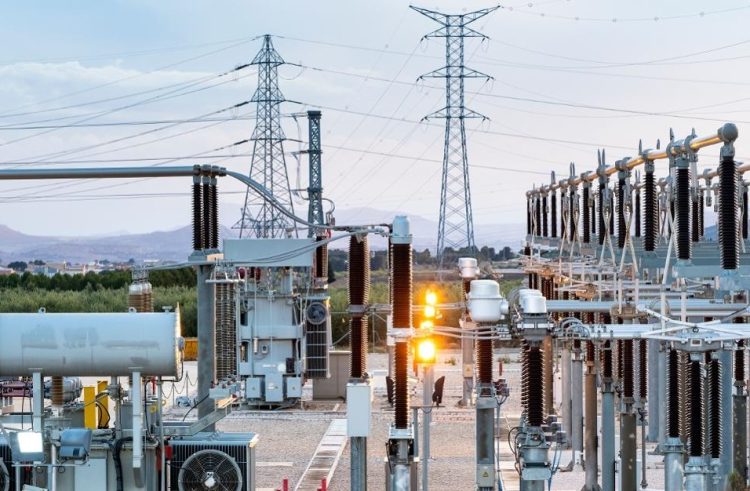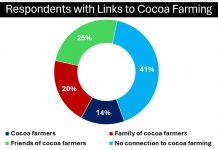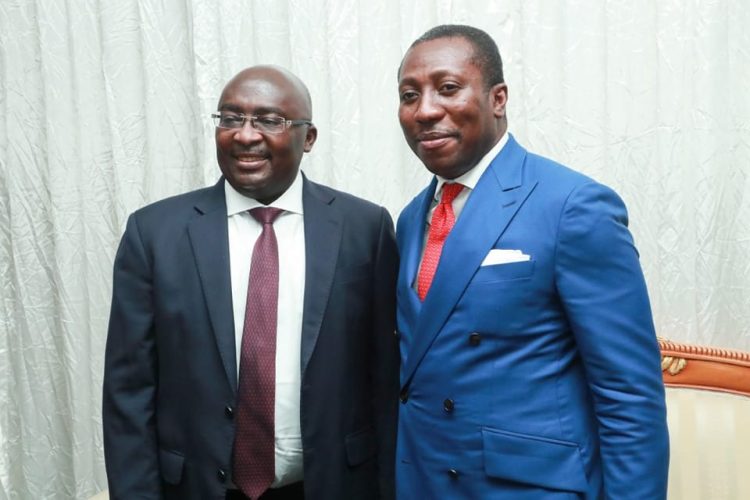Ghana should consider licensing its independent power producers (IPPs) under the Ghana Free Zones Act to strengthen its position in the West African electricity export market, according to Dr. Elikplim Kwabla Apetorgbor, a leading power systems economist.

Dr. Apetorgbor argues that licensing IPPs under this Act could help Ghana manage the financial burden of its unused electricity generation capacity and convert excess capacity into a valuable economic asset.
With Ghana’s installed generation capacity at 5,300 megawatts (MW) and a peak domestic demand of only 3,600 MW, the country is left with a surplus that incurs substantial costs due to take-or-pay contracts with IPPs.
These contracts require the Electricity Company of Ghana (ECG) to pay for capacity that is not utilized, contributing to an estimated sector debt of $2 billion.
He highlighted that these circumstances underscore the need for innovative solutions to integrate Ghana into regional electricity markets, where its surplus capacity could meet the demands of neighboring countries, thereby providing economic benefits and alleviating ECG’s financial strains.
By licensing IPPs under the Free Zones Act, Ghana could leverage its generation capacity to satisfy regional electricity demands, reduce ECG’s financial obligations, and create opportunities for profitable electricity exports.
The Free Zones Act, enacted in 1995, was initially established to boost trade and manufacturing in Ghana through tax incentives, duty exemptions, and regulatory efficiencies.
Dr. Apetorgbor emphasized that extending this framework to IPPs would enable these producers to benefit from significant cost reductions, allowing them to offer competitive electricity prices within the West African Power Pool (WAPP).
He outlined several aspects of the Free Zones Act that could be adapted for IPPs, including tax relief provisions. For example, the Act offers a corporate tax holiday of up to ten years, followed by a capped tax rate of 15%, which would significantly lower operational costs for IPPs.
Additionally, the Act provides import duty exemptions on essential components and capital goods, further assisting IPPs in maintaining competitive pricing. On the topic of export quotas and market access, he noted that Free Zone enterprises are required to export at least 70% of their production.
Licensing IPPs under this framework would encourage electricity exports, facilitating access to high-demand markets in neighboring countries like Burkina Faso, Togo, and Mali.
Dr. Apetorgbor also pointed out the simplified regulatory processes outlined in the Free Zones Act, which could enable IPPs to navigate regulations more efficiently and respond to regional market needs more effectively.
To implement these changes, he recommended several measures, including:
Development of a Capacity Market Framework: Establishing pricing mechanisms that enable IPPs to export electricity competitively within the WAPP, along with necessary infrastructure investments for transmission upgrades.
Amend the Free Zones Act for IPP Inclusion: Explicitly recognizing IPPs as eligible entities within the Act to grant them access to tax and regulatory benefits.
Formalization of Bilateral Agreements: The Ministry of Energy should work on establishing power purchase agreements with neighboring countries to enhance demand for Ghanaian electricity within WAPP, ensuring stable revenue streams for ECG.
Dr. Apetorgbor believes that adopting these strategies could attract significant foreign direct investment (FDI) into Ghana’s electricity sector, as the Free Zones Act creates an investor-friendly environment with tax exemptions on dividends and profits.
He is optimistic that positioning Ghana as a competitive electricity exporter will lead to increased foreign investment, which will drive infrastructure improvements and enhance both production capacity and operational efficiency.
























































![[FREE FREE MONEY] Predict and Win a Guaranteed GH¢200 From Us EVERY WEEK](https://wordpress.ghanatalksradio.com/wp-content/uploads/2022/02/Predict-and-Win-Final-09-03-2021-218x150.jpg)
![[Predict & Win – 8th/Oct.] WIN A Guaranteed ¢200 From Us This Week](https://wordpress.ghanatalksradio.com/wp-content/uploads/2021/10/maxresdefault-16-218x150.jpg)
![[Predict & Win – 2nd] WIN A Guaranteed ¢200 From Us This Week](https://wordpress.ghanatalksradio.com/wp-content/uploads/2021/09/maxresdefault-50-218x150.jpg)
![[Predict & Win – 25th] WIN A Guaranteed ¢200 From Us This Week](https://wordpress.ghanatalksradio.com/wp-content/uploads/2021/09/maxresdefault-36-218x150.jpg)
![[Predict & Win – 18th] WIN A Guaranteed ¢200 From Us This Week](https://wordpress.ghanatalksradio.com/wp-content/uploads/2021/09/maxresdefault-23-218x150.jpg)








![[National cathedral] See full list of churches that have contributed since 2018](https://wordpress.ghanatalksradio.com/wp-content/uploads/2020/09/Ghana-National-Cathedral-GhanaTalksRadio-100x70.jpg)



